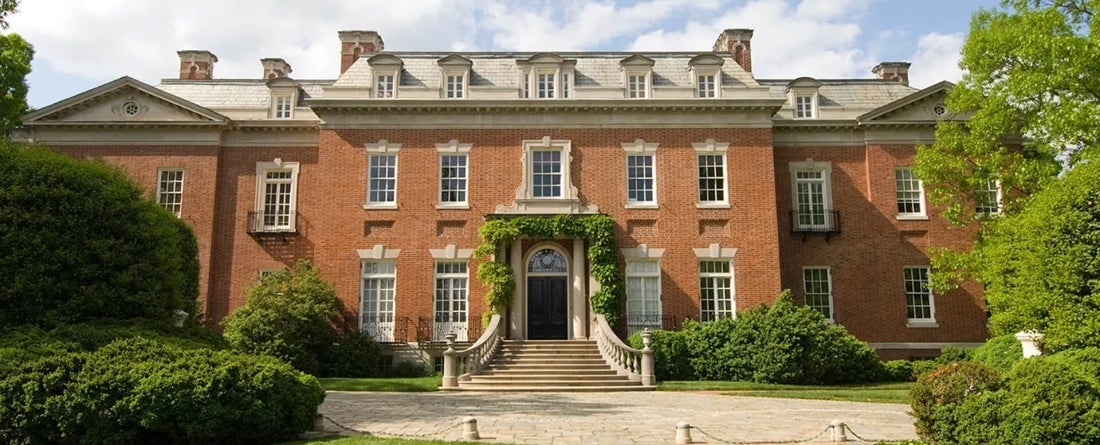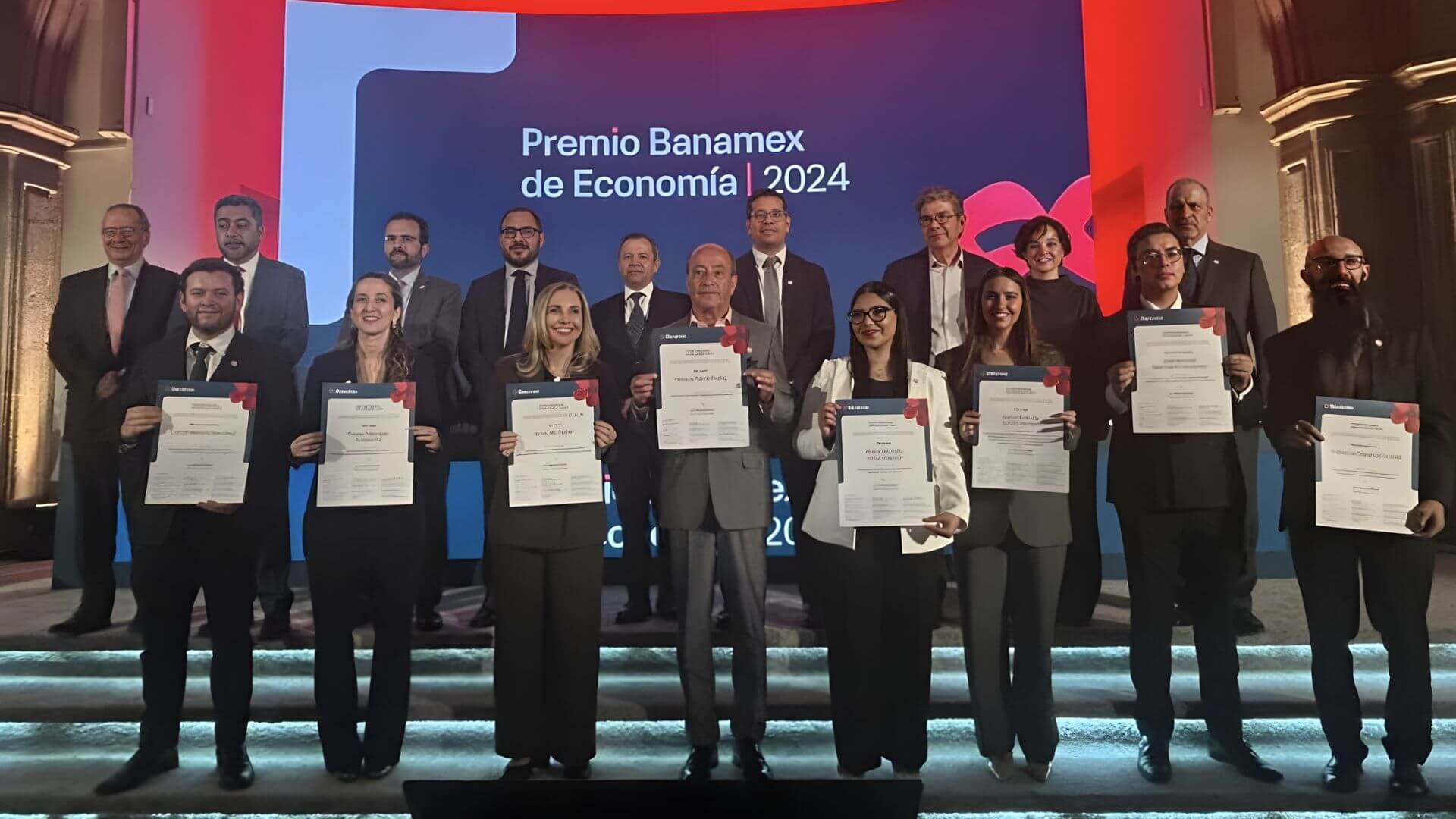
Assistant Professor Claire Dunning has been awarded a Mellon Fellowship at Dumbarton Oaks in Georgetown this spring as part of their interdisciplinary series on “Democracy and Landscape: Race, Identity, and Difference.” Dumbarton Oaks supports research and scholarly programming on democracy and landscape with particular attention to questions of race, identity, and difference. Dunning will spend her time researching and launching a new book project which is currently titled “Funding the Urban North: Policy, Philanthropy, and Racial Equity ‘After’ Civil Rights.”
We had the opportunity to speak with Professor Dunning to learn about her project, its connection to her previous book, and her goal of shifting the scholarly knowledge on the persistence of inequality and discussions about race and power.
Tell us about your research on urban landscapes and your goals for this project.
My research explores how philanthropy and nonprofit organizations can build equitable cities and dismantle structural racism, and does so through historical analysis of whether it has. Put simply, I look to the past to help us identify the root causes of contemporary problems and understand why our current approaches to them are or are not working. This new book project follows a small private foundation, the Taconic Foundation, and its quest to desegregate American housing following the 1968 Fair Housing Act. Even with relatively modest dollars, Taconic underwrote a prominent architecture magazine, funded litigation and supported voucher experiments, making a permanent, if largely invisible, mark on how and where Americans lived. I want to tell that story to better see how philanthropic dollars and power shaped the built, policy and social landscapes of American cities.
How do you intend for your project to contribute to strengthening the role of humanities and history in the urban landscape?
I am trained as an urban historian but since graduate school have been surrounded by scholars interested in philanthropy and nonprofits, and in policy. Those have been fruitful intellectual spaces but left me unbalanced. For “Funding the Urban North” to be successful I want – need – to immerse myself again in a community of urbanists thinking about urban space and housing in both their physical and imagined forms. This means recognizing housing not just as physical shelter, but as the product of law and policy, as a source of wealth creation, as access to jobs and education, and, in particular, as an outcome of choices to allocate funding to some nonprofit organizations and not others. A group of majority white, elite liberals steered the Taconic Foundation for nearly half a century and they had particular ideas of what a more equal society would look like and how to achieve it, as well as the resources to enact it. Understanding their choices and the consequences thereof are fundamentally humanistic inquiries that can – and should – be part of the study of public policy.
Does this work connect to your recent book?
This new project is very much an outgrowth of my first book, “Nonprofit Neighborhoods,” which examined the administrative and political role of nonprofits in policy implementation, particularly around urban inequality and poverty, from the 1950s to the present. One of the arguments I make in that book is that those efforts, while valuable, have been too piecemeal, short-term and underfunded to make structural change and interrupt continuing patterns of exclusion. Now in this new project I’m following some efforts to change housing policy and law to create more opportunity, economic mobility and equality in the United States. Here was a group of people committed to expanding opportunity for Black Americans and racial integration – particularly in housing – and put their dollars behind those efforts. Those choices have had discernable impacts on housing law and housing policy in the twenty-first century. “Funding the Urban North,” like my first book, continues a focus on the intersections of race, the nonprofit sector and democracy, and questions about the private pursuit of the public good.
What do you anticipate will be the greatest benefit of your research?
My research, as well as my teaching, aim to shift scholarly knowledge about the persistence of inequality, particularly in cities, and also to shape the realm of practice where discussions about race and power are too infrequent. Philanthropists operate in three-year grant cycles but substantive, structural change requires a longer time horizon and, as I demonstrate in my work, benefits from historical analysis. After the publication of my first book, I’ve been invited by a few funding groups to join conversations about how their giving might interrupt cycles of racial exclusion, extraction and inequality. Those have been exciting conversations and fruitful ones that I hope this new book continues to inform. In looking at Taconic’s support of housing policy and housing litigation, for example, this research has the potential to nudge funders today to think about how their dollars could support similar efforts. Funders tend not to support legal and policy work because those efforts are seen as too political, too hard to measure, and too risky. My work can help offer an example of what this looked like in the past and why it might be worth pursuing in the present.
What part of this project are you most excited about?
I spent some time in January in the Taconic Foundation archives; it was my first archival trip for this new project and my first time in the archives in many years. Even with all the preparation I’d done reading about the archival collection and about Taconic’s work in secondary sources, you never fully know what a collection does or does not hold until you get into it. I was relieved that Taconic saved as much as they did, and excited to get to know some of the main people involved: the donors, the staff, the board members. There seems to be some good personalities and characters, which makes both the research and the writing more fun.
I’m also really excited to launch this project while at Dumbarton Oaks. Their grounds and facilities are incredible, as is the community of scholars the physical space facilitates. I am looking forward to spending time walking the gardens of Dumbarton Oaks and finding the mental and physical space to think through some big questions at the start of this project. I will focus entirely on writing, something that is hard to do during semesters when I teach. So this fellowship award is a real opportunity to both narrow and expand my thinking entirely around my research and to do so in a beautiful setting.



